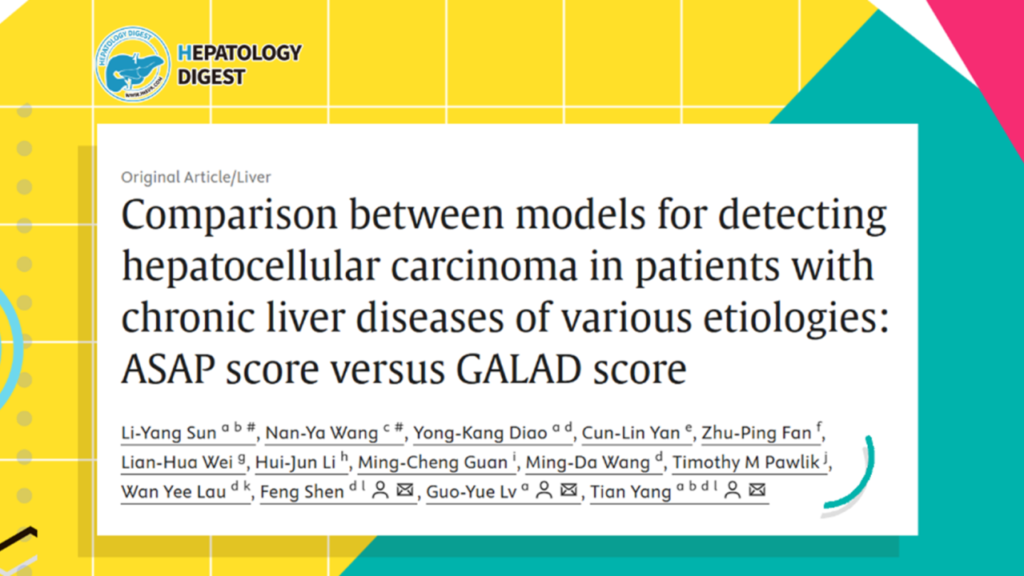Dr. Shuquan Cheng: Common Factors Hindering Functional Cure in Chronic Hepatitis B
The reduction of hepatitis B surface antigen (HBsAg) levels in treated chronic hepatitis B (CHB) patients is closely linked to decreased risks of cirrhosis and even liver cancer. However, spontaneous HBsAg clearance occurs in less than 1% of patients per year. As CHB prevention and treatment guidelines continue to evolve both domestically and internationally, more patients are now pursuing "functional cures" through nucleos(t)ide analogs (NAs) combined with or followed by pegylated interferon (PEG-IFN) treatment. This approach offers the possibility of reducing or eliminating long-term or lifelong medication use. Clinically, even when patients use similar regimens aimed at achieving a functional cure, many continue to struggle along the difficult path to achieving HBsAg seroclearance, let alone reaching the ideal treatment endpoint of HBs seroconversion. Thus, understanding and recognizing the potential factors influencing functional cure is crucial for timely evaluation and intervention. This article summarizes the possible factors affecting CHB functional cure based on both domestic and international research to date.










